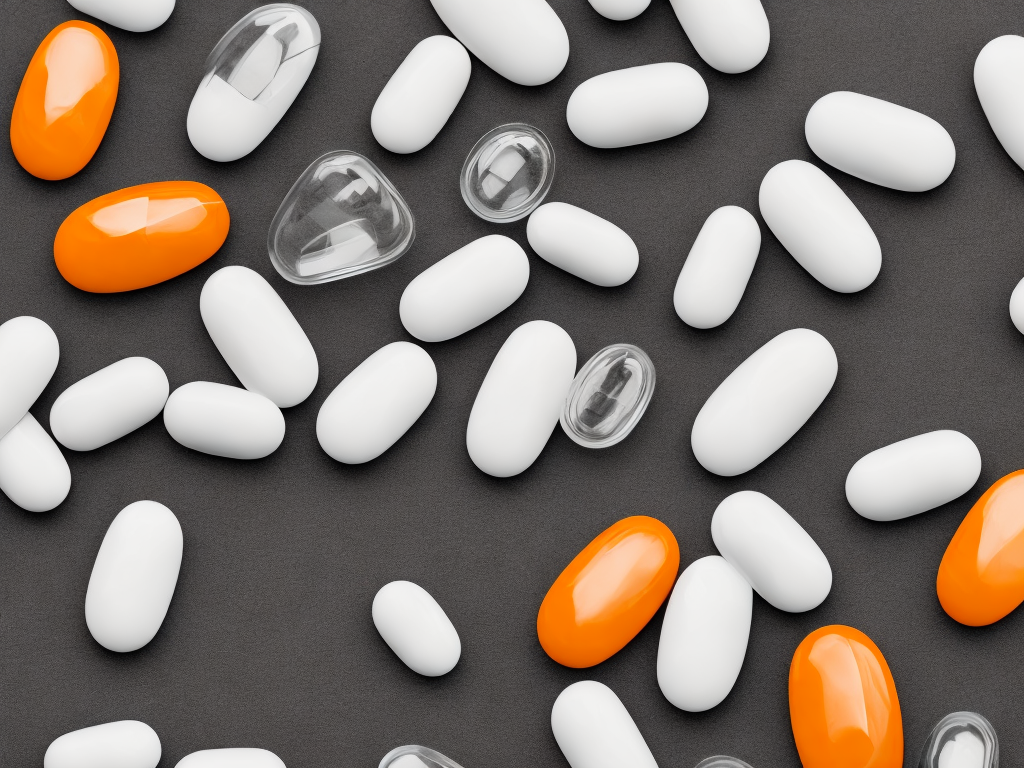
Medicines play a critical role in maintaining and improving our health. They help to treat various health conditions and alleviate symptoms such as pain or discomfort. There are two types of medicines available in the market today – branded and generic. While both serve the same purpose of treating illnesses, they differ in a few key aspects.
Branded medicines are developed and marketed by pharmaceutical companies that invest a significant amount of time and money in research and development of new drugs. These companies have to meet strict regulatory requirements before their drug can be approved for use and eventually marketed. Branded drugs are sold by the name under which they are developed, which is a trademark.
On the other hand, generic medicines are copies of the brand-name medicine, also known as the reference listed drug. They have the same active ingredients, dosages, strength, route of administration, safety, efficacy, and intended use as branded medicines. However, they are sold under their chemical names rather than a trademark. Generic drugs are approved for use once the branded drugs have gone off-patent and the exclusive marketing rights of the patent holder are no longer valid. This allows other manufacturers to produce and market the same drug for a lower cost.
One of the primary differences between branded and generic medicine is the cost. Branded medicines are typically more expensive than their generic counterparts because of the research and development costs, and the stringent regulatory requirements that come with creating a new drug. It takes years of research and development before a drug can be approved for use which can cost millions of dollars. Thus, the manufacturers of these drugs must charge higher prices to recoup their development costs.
On the other hand, generic drugs, as explained earlier, are copies of the brand-name drugs and thus the manufacturer's research and development costs are significantly lower. Therefore, they can be sold at a cheaper price than branded drugs, which makes them more accessible to patients.
Another difference between the two types of medicines is their appearance. Branded medicines have unique colors, shapes, and packaging that help to differentiate them from other drugs on the market. This is done to keep their identity and maintain the company's trademark even when the drug is off-patent. Generic drugs, on the other hand, have a generic appearance and labeling. They are not marketed under a specific brand name, and are not sold with the same appearance as the branded medicine.
Despite the differences in appearance, generic and branded medicines have identical active ingredients and are manufactured to the same standards. In terms of safety and quality, generic drugs are just as safe and effective as branded drugs. This is because generic drugs are only approved for use once they have met the same standards of safety, efficacy, and quality as branded drugs.
One common concern among patients is whether generic drugs are less effective than branded drugs. However, this is not true. Generic drugs have the same active ingredients, dosage, strength and intended use as their branded counterparts, thus they work in the same way to treat the same condition. Research has also shown that there is no significant difference in the effectiveness of generic and branded drugs.
The difference between generic and branded medicines can also be observed in the market competition. With the entry of generic drugs, there is an increase in competition that enables more affordable prices and incentives for healthcare providers and patients to choose from a variety of options. This has led to more accessible medicines that are more affordable and present a more widely available treatment option to people.
In conclusion, branded and generic medicines are two types of drugs that differ in terms of cost, appearance, and marketing. Branded drugs are developed by pharmaceutical companies investing significant time and money in research and development while generic drugs are produced by other manufacturers after the patent holder's exclusive rights have expired. While the appearance and cost may differ, both types of medicines have the same active ingredients, dosage, strength, intended use, safety, and efficacy, making them equally effective in treating various health conditions. Moreover, generics can provide affordable alternatives to branded drugs, which contributes to increased access and treatment options for patients.
 Self-Instruct
Self-Instruct